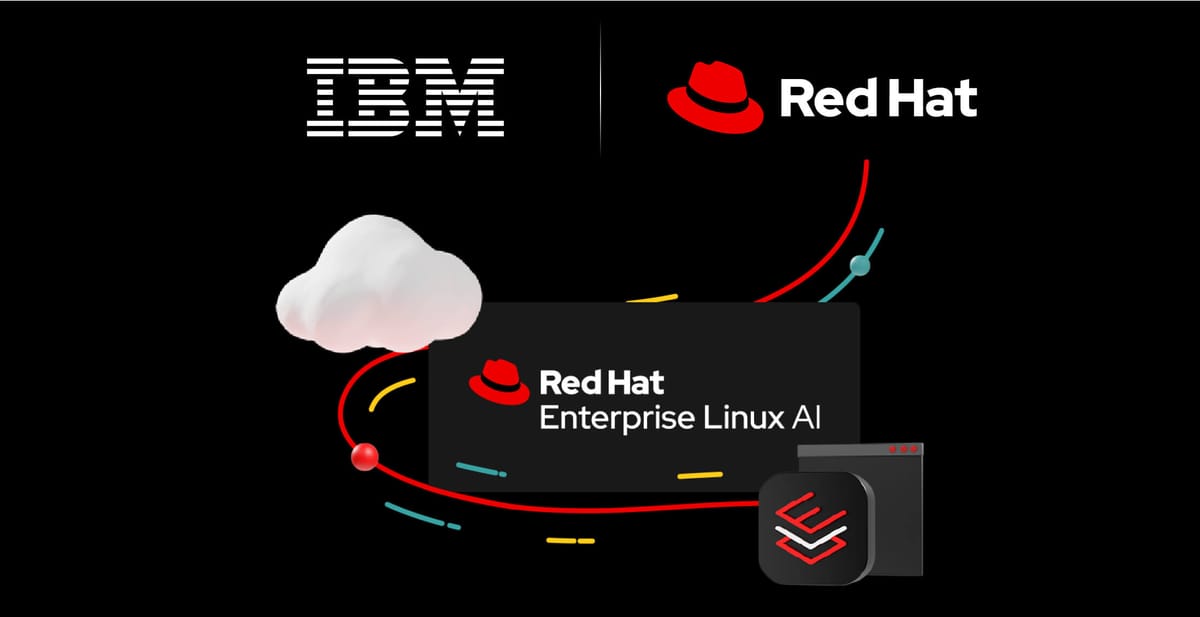
Red Hat has unveiled Red Hat Enterprise Linux AI (RHEL AI), a platform that simplifies the development, testing, and deployment of generative AI models for businesses. RHEL AI combines open source Granite language models from IBM Research with InstructLab, a set of model alignment tools based on the LAB (Large-scale Alignment for chatBots) methodology. This combination simplifies the complex process of tuning AI models to meet specific business needs.
IBM says "Open Source AI is Broken." They're not wrong. While open source in software fosters collaborative improvement, continuous refinement, and collective ownership, this isn't effectively happening with AI. When new open source models are released, thousands of forks appear, but they rarely merge back into the base model, preventing meaningful community improvements.
For example. Llama 3 was released about three weeks ago, and there are already over 6,000 Llama 3 models on Hugging Face. Each forked model is improved in a different way, but the original Llama 3 model remains unchanged and does not benefit from the community's contributions.
InstructLab tackles this issue by enabling contributors to add specific skills or knowledge to a model. Its model-agnostic technology allows upstream creators to regularly update their open source models by integrating new skills instead of fully retraining them, promoting efficient and collaborative development. This approach taps into the collective effort of contributors worldwide, leveraging their diverse expertise and perspectives to enhance the models.
The LAB technique employed by InstructLab uses taxonomy-guided synthetic data generation and a multi-phase tuning framework to align models. This makes AI model development more accessible by reducing reliance on expensive human annotations and proprietary models. By specifying skills and knowledge attached to a taxonomy, generating synthetic data from that information at scale, and using the generated data for model training, InstructLab can significantly improve model performance.
RHEL AI combines the power of InstructLab with the open source Granite language models from IBM Research, all packaged as an optimized, bootable RHEL image that can be deployed across hybrid cloud environments. It is also included in OpenShift AI, Red Hat's hybrid machine learning operations platform, allowing AI workloads to run where data lives, whether in datacenters, public clouds, or at the edge.
RHEL AI is now available as a developer preview. IBM Cloud will be adding support for RHEL AI and OpenShift AI, allowing enterprises to more easily deploy generative AI into mission-critical applications. Industry leaders like AMD, Cisco, Dell, HPE, Intel, Lenovo, and NVIDIA have expressed support for Red Hat's efforts in driving enterprise AI adoption forward with RHEL AI.

